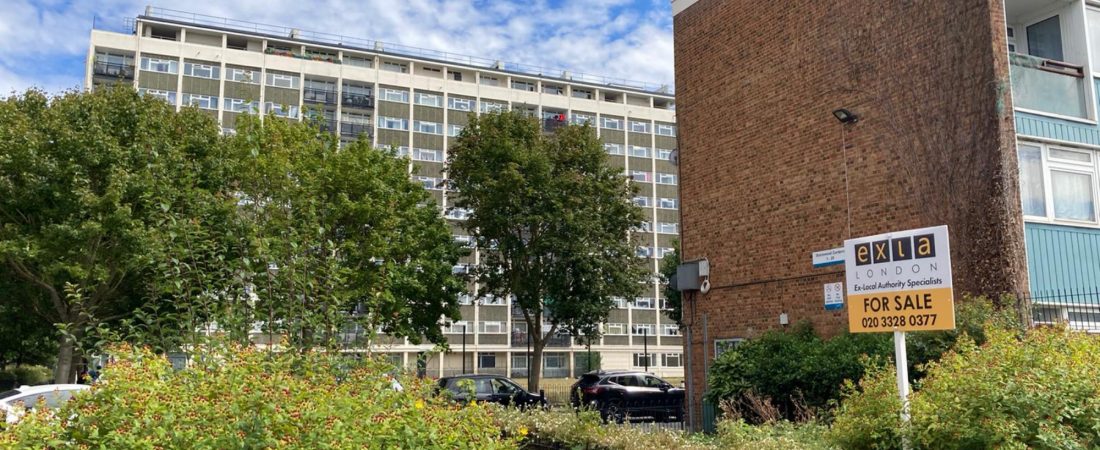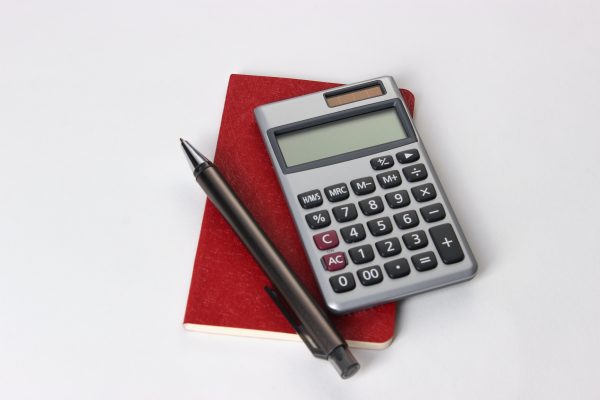Purchasing properties at auction to rent has two significant benefits for the landlord. Firstly, in the great majority of cases, you can buy property cheaper than by going down the traditional estate agent route. Secondly, it’s so much quicker, with no lengthy sales negotiations and chains that can collapse at any moment.
While there are potential downsides of buying a property at auction, including getting your finances in place first, none are too difficult to overcome; and anyone who has watched Homes Under the Hammer on television knows there are good deals to be found.
It’s not unusual to see properties coming up for auction that are in sound condition, and ready for new tenants more or less straight away. Most, however, need at best redecorating, new carpets and general repairs – and at worst total renovation. While that might frighten off some landlords who prefer less hassle before moving in tenants, others see renovating to let as an excellent way to build capital in their portfolio as well as income.
Get Your Finances in Place First
Most investment landlords see a property on the market, view it at least once, work out how much money they might need to spend and then enter an offer. All of this takes time, which is useful for getting finances, such as a buy-to-let mortgage, lined up to buy the property.
When you are buying at auction, however, time is tight. You cannot confirm the price until the hammer falls and you might get to see the property briefly once. That makes getting your funds in place trickier than usual. For the professional landlord with cash to invest, this is no problem. But if you need to get a buy-to-let mortgage, things will be more challenging.
Some lenders are willing to offer buy-to-let mortgages on auction properties, particularly to experienced landlords whom they have dealt with before. To ensure you do not land yourself in trouble by bidding on and winning an auction property without finance in place, it’s worth speaking with your lender or financial advisor first to see what might be possible.
Assuming you have no concerns on the financial side, let’s look at the process of buying a property at auction for rent.
How to Buy a Property at Auction
Get ready for the exciting world of buying property at auction to rent. It’s not in any way complicated, but it can be hair-raising for the novice bidder. Here are the steps to follow.
Pick your area
Knowing where you are looking is a key first step. Each area has its own estates market for house prices and lettings market for rents. How much you can charge in rent is a key piece of the puzzle when bidding on a property you plan to rent out. You can find out market rents across the UK using OpenRent’s rent calculator.
Find the local auction houses
Once you know the general location of where you wish to buy property at auction, find out where the local auction houses are. Most will be found easily enough through a search engine. Your solicitor, or contacts you may have in the local property market, will know the good local options. Register with the auction houses, ask for the current catalogue and get on future mailing lists.
Source and view properties
Assuming you have a price cap in mind (including any work), narrow down your search and view properties that meet your criteria. Experienced landlords know which areas show more promise for rental properties. When you view, try to take your builder with you and maybe a friendly surveyor so that you can give the property a “thorough going over”. If you end up winning the auction, you don’t want any nasty surprises after you get the keys. If you are unsure of the local property values, do plenty of research and seek the opinion of experts in the area. This will help ensure you know how far to bid.
Study the legal pack
If you think you might be bidding, ask for the auction house to send you the legal pack. This will include details of local searches, title deeds, plus other information like fixtures and fittings. You cannot afford to be caught out by any small print, so instruct a solicitor at this stage to go through the pack. The cost of doing so is negligible compared to what could go wrong down the line if you don’t. You also have the benefit of having your solicitor in place and up to speed should you win the auction. Try to find out about any planning permission you are likely to need in order to perform any work you have identified as necessary.
Order a survey
Again, this is an added expense, but you can ask for a survey of the property. A Homebuyer Report is generally sufficient unless the building is old, in a terrible state of repair or is unusual in some way. Again, the survey is money down the drain if you don’t win the auction, but what price is peace of mind?
Take ID to the auction
Make sure you are pre-registered as a potential buyer well ahead of the auction start. You will usually need two forms of ID and proof you can afford to pay the 10% of the property price that is due the moment the auction is over.
Don’t get carried away
You have followed the best buying property at auction strategy up to now, so don’t get carried away and overdo it on the day. You may have set your heart on a property, but you should know how much you are prepared to pay and walk away if the bidding goes beyond it. Always know what your added costs will be to get the property ready for tenants, including modern boiler and central heating so you can get a Landlord Gas Safety Certificate. If you do lose out, don’t be disheartened. You have saved your budget for another day, and there will be plenty of alternatives just around the corner.
Pay up
If you win the auction, then congratulations. Once you settle up the 10% deposit immediately, you must pay the remainder within 28 days. That’s only 20 working days – another good reason to have got your finances in place beforehand. You are legally responsible for the property once the hammer falls, so make sure you put building insurance in place straight away.
The Modern Method Alternative
While we have walked you through the traditional route of buying property for rent, there is also the ‘modern method’ alternative or conditional auction. They are designed to open up auctions to more residential buyers, as opposed to landlords and property developers, but there is nothing stopping you using this method.
The modern method is a little more relaxed, in that you pay a 5% non-refundable reservation fee. You then have 28 days to exchange contracts and another 28 to complete. The 5% reservation fee is in addition to the price of the property and is used to cover the estate agent and auction house costs. You will still lose this reservation fee if you decide not to go ahead, but you are now protected if the seller pulls out.
Is Buying Property at Auction for You?
If you are confident, have the funds in place and are willing to do some renovation work, there are good deals out there that offer pension and portfolio landlords some great yields and capital gains. If you do your sums properly, you can have a lovely property that will have no trouble attracting good tenants, and the work you do on the property will increase its value significantly. The yield you get from your rental will be enough to generate a decent income on your investment.
The key is to keep your head during the auction process and stick to your plan!




No one ever mentions the auction fees you pay on top of the price,has anyone bought at auction then been shocked by these hidden fees?
Yes !
Had to pay auction fee on top of purchase price and then the legal costs of the seller on top of that. Did the conveyancing myself so saved a few hundred on that.
More fees to sell. Auction fees plus another £250 on top to Auction House just to upload Legal Pack!
£250 to solicitor to prepare Legal Pack.
Because there was a Head Lease another £750 for them to change the name.
not a lot of fees the end reward when we sold on was great. Think long term and its tax deductable
the modern method as it is called is a RIP OFF the fee is generally much higher than at a traditional auction. I have put in cash offers before an auction and been very happy… when I see Modern Method I think. they are not going to get my money… I dont consider it at all… and I have done very well with pre auction offers
I have looked into the additional fees payable by the buyer and apparently the actual cost is “vague”.
Yes that’s the normal amount, it’s a standard auction term as in “there will be a vague amount of buyers fees”
How much exactly? Well no one knows how much in normal terms but I am guessing “vague” is a secret code for a lot more than your expecting!
Apologies for not supplying exact figures but it seems to be every auction house and every auction property has it’s own very specific fees
on top of the hammer price.
Clearly, there are deals to be had (thanks Colin)but buyer beware.